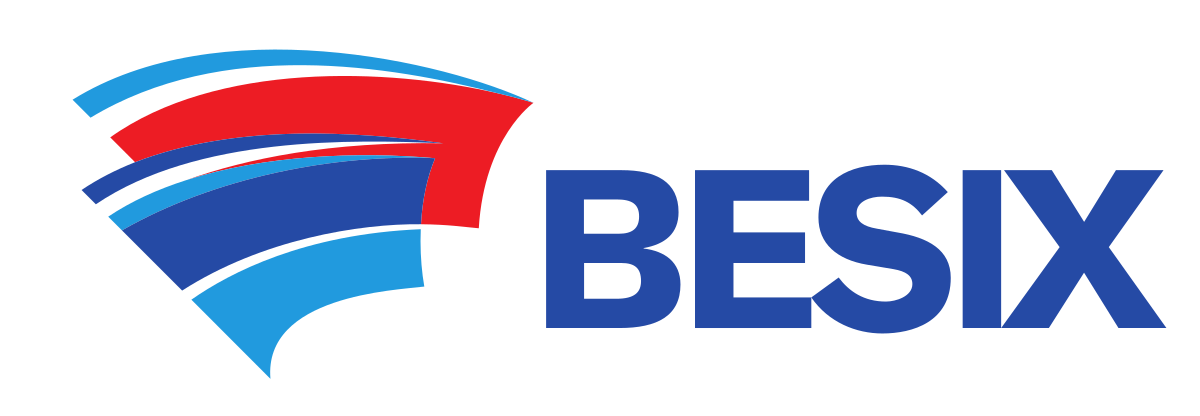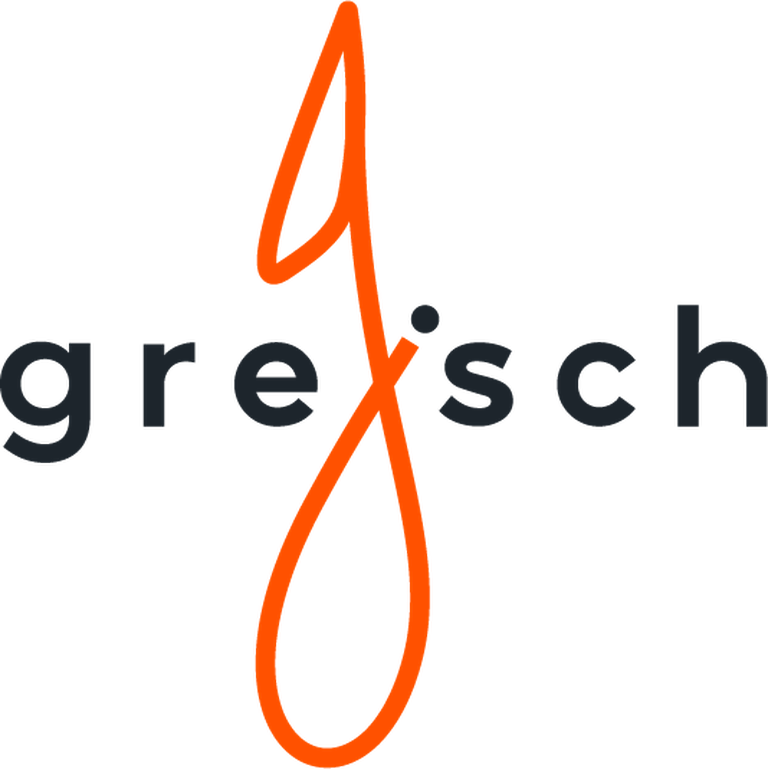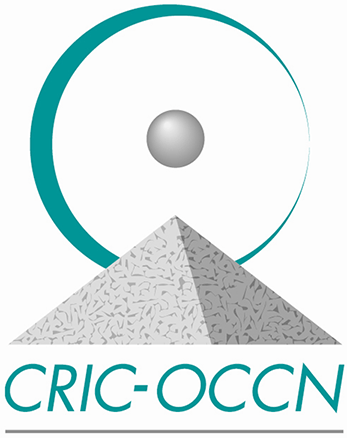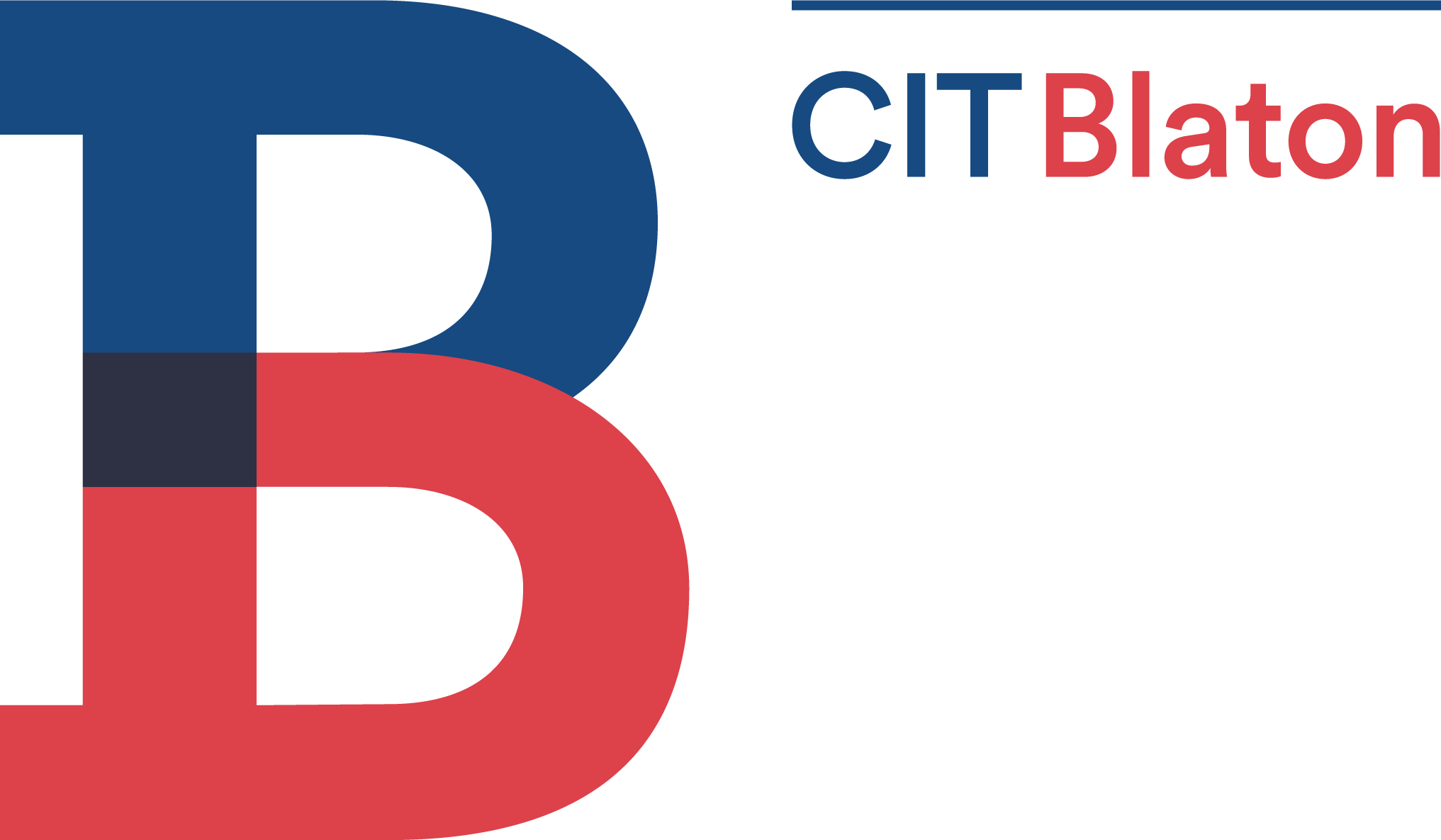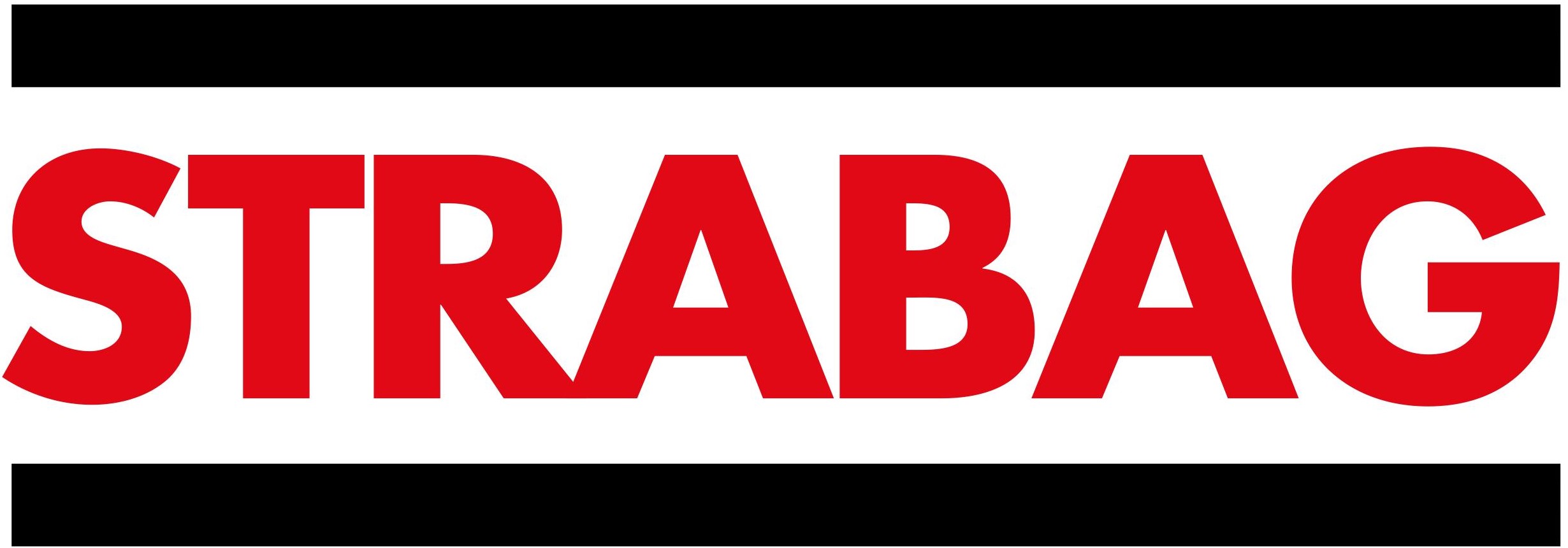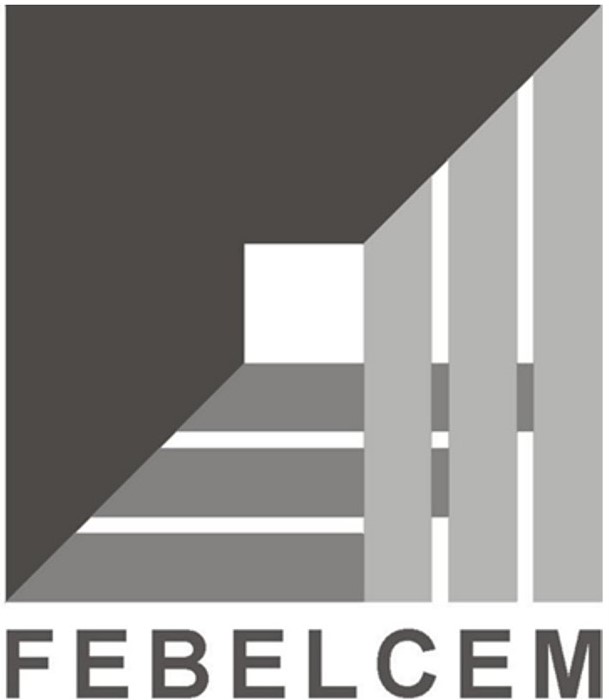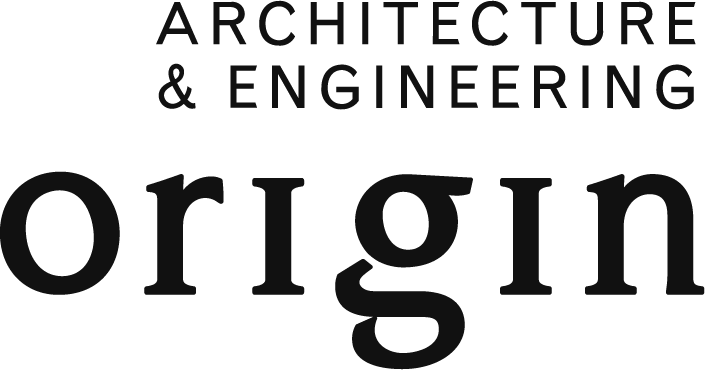- Polytech
BATir - Home
Welcome to BATir
Being part of the Brussels School of Engineering at Université libre de Bruxelles (ULB), we welcome you to our website.
Welcome to BATir
Being part of the Brussels School of Engineering at Université libre de Bruxelles (ULB), we welcome you to our website.
Welcome to BATir
Being part of the Brussels School of Engineering at Université libre de Bruxelles (ULB), we welcome you to our website.
BATir is a unique, Belgian and multidisciplinary engineering department, dedicated to the built environment, from soils to materials and structures, from architecture to sustainable urban planning, from a modelling, experimental and/or design perspective.
BATir has around one hundred members, including 11 full-time academics and 8 part-time visiting academics. BATir is made up of 5 research units: the Civil Engineering Laboratory (LGC), the GeoMechanics Laboratory (LGM), the research unit in Computational Mechanics (SMC), the research unit in Architecture & Architectural Engineering (AIA) and the research unit in Sustainable Urban Futures Institute (SUFI).
BATir's research activities are characterised by an excellent balance between numerical and experimental work. The excellence of this research has led to the involvement of BATir members in numerous research projects at international, national and regional level.
BATir is involved in various study programmes, including the BSc. in Architectural Engineering, the BRUFACE MSc. in Civil and Architectural Engineering, the Advanced MSc. in Transitional Urban and Regional Planning and the MSc. in Urban Studies. The teaching activities offered in these programmes are based, among other things, on the cutting-edge research activities developed at BATir.
News
How to design a watchtower for two lifeguards in tensegrity?
2024-04-17 12:20:09.0
In the framework of the transdisciplinary project TRAN-H-201, the BATir department has welcomed 3 groups of students during the 2023-2024 academic year: in total, 14 boys and 5 girls studying in the 2nd year of their Bachelor in Engineering Sciences at EPB.
Our Bruface Civil Engineering students visited the deep geothermal Balmatt project (VITO) and the Hades underground research laboratory (Euridice) in Mol
2024-04-04 14:09:42.0
In the frame of their elective course of « Energy geomechanics », some of our students of Bruface Master 2 in Civil Engineering had the opportunity to visit the installations of the deep geothermal Balmatt project in Mol. VITO has built there a geothermal energy plant, with 3 wells (3.5 kilometers deep).
Exhibition ON STUDYING (in) WEST BXL
2024-04-04 14:36:37.0
The BATir department is pleased to invite you to the exhibition of the work of the ‘Atelier d'Architecture’ - ULB BA3 Civil Engineering Architects students which runs from 28/03 (opening) to 24/05/2024 at perspective.brussels.
New joint R&D project for AIA lab
2024-04-04 13:46:36.0
The AIA research team (under the supervision of Pr. S. Ben Rajeb) has obtained an Innoviris funding for a Research and Development project named HARPO. The objective of HARPO (Human-centered Application for the Resource and Productivity Optimization of buildings) is to develop an innovative software solution based on BIM models to improve the construction site productivity. This would enable the various site players to integrate site execution data directly into the virtual model of the building, in order to better manage the work of teams and optimize execution processes on site. The project is a collaboration between the construction company CIT Blaton, the start-up Kabandy developing BIM technologies, and the two research teams Buildwise and ULB BATir.
Project Pont Spaghetti
2024-03-12 13:21:11.0
This year the 3Ba ULB construction engineering students designed a spaghetti bridge as part of the course ‘Analyse des Structures’. The goal was to create a statically undetermined structure that was loaded symmetrically in the middle of both spans. All the students did a good job, and this year 20 kg of load could be placed on a 232 g bridge structure. Below you can find some atmospheric images and a video.
Publication of the book "L’Université libre de Bruxelles au Solbosch"
2024-02-16 15:38:50.0
Bernard Espion and Michel Provost have contributed to the preparation and the writing of the book “L’Université libre de Bruxelles au Solbosch”
Public PhD defence of Joan Botey on "Exploring the potential of satellite InSAR in geological engineering: new opportunities in land monitoring and hydrogeological characterisation"
2024-02-16 12:31:43.0
Joan BOTEY i BASSOLS’s public defence will explore novel contributions of InSAR in Geological Engineering, more specifically, in land monitoring and the hydrogeological characterisation of the ground, including both qualitative and quantitative approaches at both regional and local scales.
Public PhD defence of Ali Naqi on "Early Age Characterization of Viscoelastic Properties of Alkali-Activated Binders"
2024-02-02 12:32:48.0
The environmental concern of high CO2 emissions in cement production emphasizes the need for less carbon-intensive concrete materials. Alkali-activated materials (AAMs) offer a promising alternative to Portland cement (PC), but assuming similar mechanical behavior requires a detailed investigation due to distinct microstructure differences. Ali NAQI's public defense will focus on exploring the properties of novel AAMs, including workability, failure characteristics, and elastic/viscoelastic behavior.
GeoMechanics Laboratory equipped with fiber optics the multi-borehole heat exchangers field at USquare
2024-02-22 10:04:18.0
GeoMechanics Laboratory, in collaboration with G-Time department, both at ULB, were involved in the installation of temperature and strain fiber-optics along a series of borehole heat exchangers drilled at USquare.
Our Bruface Civil and Architectural engineering students visited the Constitution-M3 construction site in Brussels
2024-02-22 10:04:54.0
Site visits are an important part of students’ learning process allowing the students to develop a greater understanding of how civil engineering theory is put into practice. In the frame of their course of « Geotechnical Engineering », our students of Bruface Master 1 in Civil and Architectural Engineering had the opportunity to visit the construction site of “Constitution station” managed by STIB-MIVB in Brussels.
Yahroun Hermans (ULB-BATir-SMC) was awarded the Frank Goes Award for Outstanding Master Thesis in Civil Engineering from the Fédération des Entrepreneurs Généraux de la Construction
2024-02-22 10:05:34.0
Yahroun Hermans received the Frank Goes Prize from the Fédération des Entrepreneurs Généraux de la Construction. This Prize is awarded the prize for his Master Thesis work entitled "Limit Analysis for Non-Periodic Historic Masonry Panels: An Engineering Homogenisation Approach”, under the supervision of Prof. Thierry J. Massart, Prof. Gabriele Milani (Politecnico di Milano) and Dr. Nicola Grillanda (Politecnico di Milano).
Public PhD defence of Mina Khodadad on "Green Infrastructure for Water Security-Based Urban Planning: A Comparative Analysis of Systemic Urban Plans and Spatial Flood-based GI Priority Layouts in Monterrey and Brussels"
2024-02-02 12:33:04.0
Mina Khodadad successfully defended her PhD titled "Green Infrastructure for Water Security-Based Urban Planning: A Comparative Analysis of Systemic Urban Plans and Spatial Flood-based GI Priority Layouts in Monterrey and Brussels". This was a joint PhD research between EPB / BATir and ITESM (Mexico) supervised by prof. Ahmed Z. KHAN (SUFI, BATir) and prof. Ismael AGUILAR-BARAJAS (ITESM, Mexico).
Public PhD defence of Marco Sirotti on "The Drying Shrinkage and Deformation Mechanisms in NaOH-Activated Slag"
2024-02-02 12:32:57.0
Alkali-activated materials are a more sustainable alternative to Portland cement in the construction industry, but one of the factors still hindering a widespread adoption is the uncertainties about their volume stability. The public defence of Marco Sirotti will focus on the drying shrinkage of alkali-activated slag, its causes, the factors affecting it, and the consequences it has on durability.
Concrete Day - MACBEN - BENOR Contest 2023
2024-02-22 10:06:03.0
The ULB-EPB-BATir student team won third prize and €1000 in the Concrete Day Student competition.
Active Participation of AIA in the Inaugural Doctoral Seminar of EDT 62
2024-02-22 10:06:27.0
Exchange on Research in Architecture and Urbanism.
Professor Ahmed Z. Khan has been appointed as Editorial Board member of the Journal of Planning History
2023-11-08 17:21:13.0
Which is the result of a nomination process undertaken in the Spring of 2023. The Journal is affiliated with the Society for American City and Regional Planning History and is considered a journal of record in the area of planning history.
Survey: Collaborative practices in the Belgian construction sector
2024-02-22 10:07:16.0
The AIA team is launching a survey to assess the current state of collaboration while identifying the success factors and obstacles encountered by professionals.
How to design a climbing tree in tensegrity?
2024-02-22 14:21:14.0
As part of the transdisciplinary project TRAN-H-201 organized during the 2022-2023 academic year by the construction section, the BATir department welcomed 3 groups of students.
International colloquium : Building for the Nation Abroad
2024-02-22 10:11:59.0
International conference Building for the Nation Abroad in Rome, 21-22 September 2023
BATir student Eleonora Rubinacci has received second place in the architectural design contest Switch2Save 2023 for her design Ghameleome.
2024-02-22 10:12:30.0
BATir student Eleonora Rubinacci (MFE on Biomimetic Design supervised by prof. Ahmed Z. Khan, 2021-22) has received second place in the architectural design contest Switch2Save 2023 for her design Ghameleome.
Public PhD defence of Jingbin Yang on "Effects of Superabsorbent Polymers on the Shrinkage, Cracking, and Self-Healing Properties of Alkali-Activated Slag Systems"
2024-02-02 12:33:11.0
Jingbin Yang successfully defended his PhD entitled “Effects of Superabsorbent Polymers on the Shrinkage, Cracking, and Self-Healing Properties of Alkali-Activated Slag Systems”. He was being supervised by Zhenping Sun from Tongji University, Nele De Belie from Ghent University and Didier Snoeck from Université libre de Bruxelles.
Public PhD defence of Amy Phillips on "Toward Citizen-Centered Urban Green: Advancing understandings of supply and demand interactions and inequalities"
2024-02-02 12:33:22.0
Ms Amy PHILLIPS will present and defend in public an original thesis.
Rika Devos joined the editorial board of Bulletin KNOB
2023-07-13 13:54:43.0
Rika Devos has recently joined the editorial board of Bulletin KNOB, the peer reviewed journal of the oldest association of heritage in The Netherlands.
Role models in research
2024-02-22 10:12:52.0
CALIPER is a Project that supports 9 Research Organisations across Europe to develop Gender Equality Plans (GEPs) and engage the local Innovation Hubs to transfer the gained knowledge beyond academia.
RILEM Spring Convention & 4th International Congress on Materials & Structural Stability
2024-02-22 10:13:24.0
At the RILEM Spring Convention & 4th International Congress on Materials & Structural Stability, held in Rabat, Didier Snoeck received one of four Communication Awards. One of the other prizes was awarded to a publication on the theme of his former PhD student José Roberto Tenório Filho.
Université Libre de Bruxelles, Finalist of the Engaged University of the Year Award
2024-02-22 10:13:50.0
With "Engineering a Sustainable Future: Sensitize, Transform, Act Together", ULB is one of the five finalists of the Triple E award: Engaged University of the Year Award.
Table ronde : Enjeux de la transition dans le secteur de la construction
2024-02-22 10:15:21.0
On Thursday 16th of March, a roundtable discussion: Transition Issues in the Construction Sector, took place with Samia Ben Rajeb, Giulia Caterina Verga and Didier Snoeck, on sustainability related to urban planning, sustainable structural design and building materials. The event was widely attended by students from all years from our programs in Architecture Engineering and Civil Engineering. It was an engaging discussion.
Construction History, Above and Beyond. What History Can Do for Construction History
2024-02-22 10:15:50.0
Rika Devos of BATir-AIA is coordinator of the EOS (2022) research project “Construction History, Above and Beyond. What History Can Do for Construction History.”
18 months of monitoring of concrete repairs in the Rogier tunnel
2024-02-22 10:16:35.0
Five pairs of embedded piezoelectric transducers have been installed in the ceiling of the Rogier tunnel in Brussels in June 2019 in order to follow the state of health of concrete repairs.


